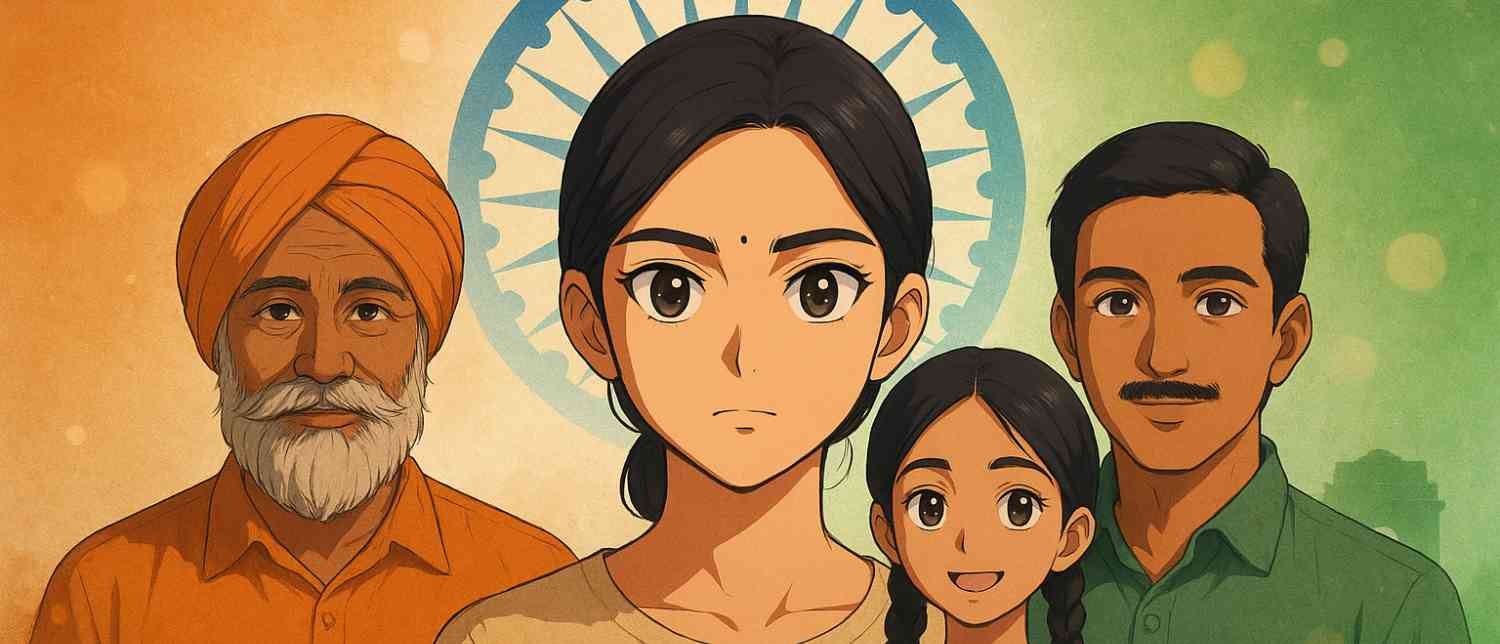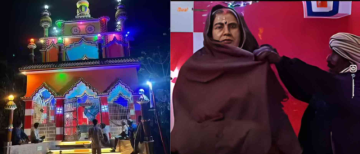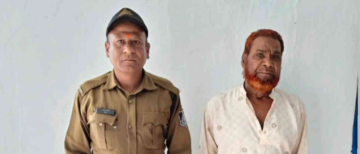“Freedom is not a gift we unwrap once; it’s a responsibility we carry every single day, to honour those who fought for it and to protect it for those who will inherit it.”
Seventy-nine years after India’s tryst with destiny, the echoes of that midnight hour still stir hearts. We hoist the tricolour, sing the anthem, and recall the sacrifices of countless men and women who dared to imagine an India free from foreign rule. But in 2025, our freedoms face subtler, yet no less dangerous, threats. These are threats not from a colonial master, but from within from intolerance, discrimination, violence, and the erosion of rights that our freedom fighters gave their lives to secure.
We honour the past when we remember their struggle, but we make their sacrifice count only when we guard our freedoms fiercely in the present.
The spirit of Independence Day demands that we reflect not only on how far we’ve come, but also on the chains we have yet to break.
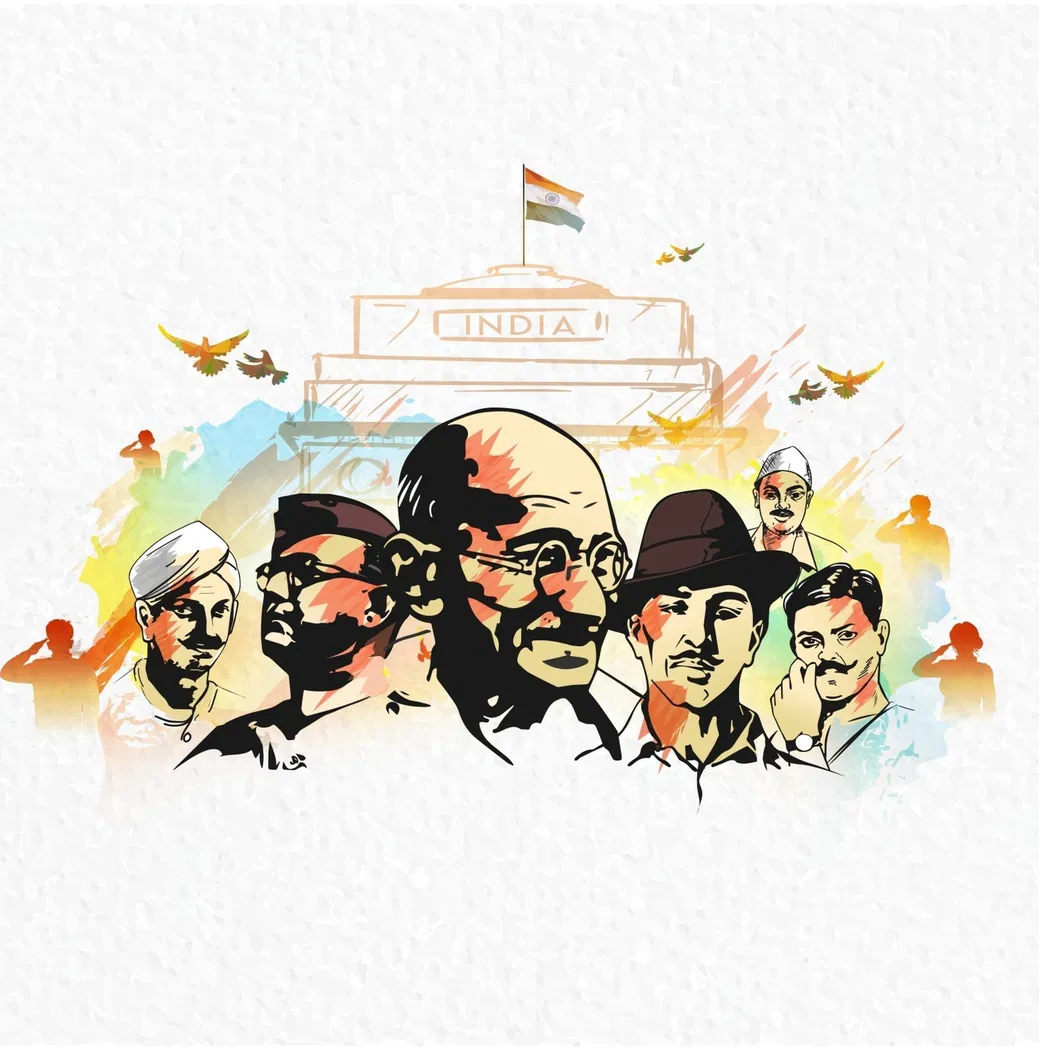
- Freedom from Discrimination
It is ironic that, on a day meant to celebrate liberty, some civic bodies ban the sale of meat, denying not just the right to choose what to eat but also the right to work. In Maharashtra, bans have been imposed in Kalyan, Dombivli, Malegaon, and Nagpur; in Hyderabad, the order extended to Janmashtami as well. While leaders distanced themselves, the diktats stood, undermining the spirit of Independence Day.
In Mira Road, Maharashtra, linguistic prejudice turned violent when an autorickshaw driver, Raju Patwa, speaking only Bhojpuri and Hindi, was assaulted and forced to apologise. Days earlier, a sweet shop owner, Baboolal Khimaji Choudhary, faced a similar assault from alleged Maharashtra Navnirman Sena workers for not speaking Marathi.
Elsewhere, in Noida, a man from Kolkata and his minor son were refused a hotel room because they were from Bengal. The excuse? “Security reasons” ahead of August 15, with a disturbing reference to excluding people from Bangladesh, Punjab, and Jammu & Kashmir. The police denied issuing such orders, but the incident echoed a troubling pattern where language or birthplace can suddenly become grounds for exclusion.
Discrimination in the name of safety or cultural identity is an affront to the very idea of India, a nation where every citizen should feel at home in any corner of its vast map.
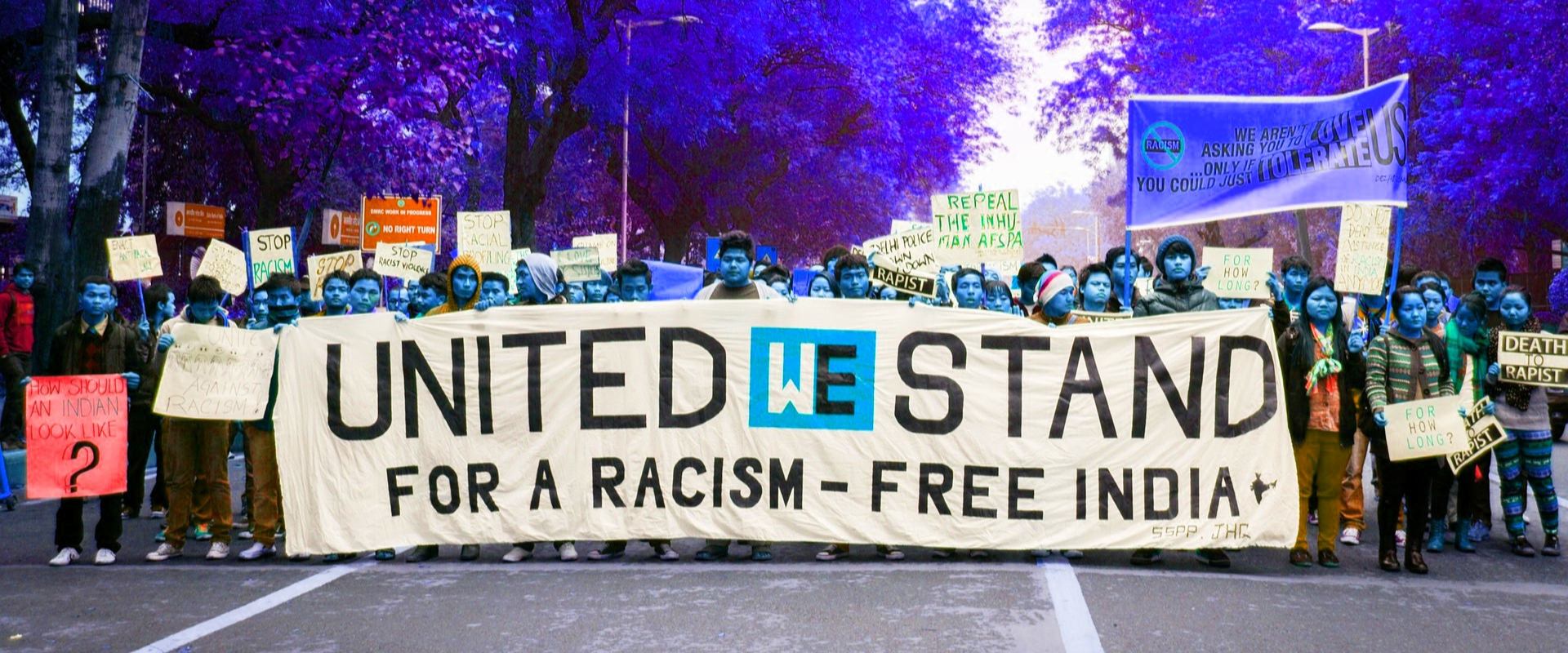
- Freedom for Women
If independence means freedom from fear, then half of India still waits for it. For millions of women and girls, ‘azaadi’ is conditional, hemmed in by the threat of sexual violence, underpinned by social stigma, and undermined by sluggish justice.
The past year alone saw case after case pierce the headlines:
-
In April 2025, a 19-year-old woman was allegedly gang-raped by 23 men over six days, drugged, and shuttled between hotels as she was passed from one abuser to another. The brutality of this case was not an aberration — it was a reflection of the impunity that emboldens such acts.
-
Just three months later, in July, a 12-year-old girl in Ballia, Uttar Pradesh was gang-raped and murdered. Her body was found hanging in her hut by her parents after they returned from the fields. The village erupted in protests, demanding justice — yet the crime fits into a grim pattern of rural cases where poor, marginalised families face both trauma and obstacles in accessing justice.
-
In August, a seven-year-old girl with speech and hearing impairment in Jaipur, Rajasthan was assaulted. That she was a child and disabled underscores the vulnerability of those least able to seek help — and the moral collapse that allows such crimes to occur in broad daylight.
-
In June, a 20-year-old college student in Odisha was gang-raped on Gopalpur beach by ten men, four of them minors. The case briefly drew attention after a U.S. travel advisory flagged rape as one of India’s fastest-growing crimes, but the story faded from the headlines in days.
-
In Kerala, the horror was not a single night but years of abuse: a Dalit minor girl sexually assaulted by over 40 men across districts. This was not just violence — it was a systematic stripping away of safety, dignity, and rights from one of society’s most marginalised citizens.
-
And in August 2024, a 31-year-old postgraduate trainee doctor was found dead in a state-run Kolkata medical college, showing both external and internal injuries from sexual assault. Yet, an FIR was delayed by 14 hours — a delay that speaks volumes about systemic apathy.
These incidents are not statistical outliers — they are symptoms of a deep and ongoing crisis. The National Family Health Survey (NFHS-5) shows that 29.3% of married women aged 18–49 have faced spousal violence. The National Crime Records Bureau recorded 445,256 crimes against women in 2022, accounting for roughly 8% of all cognisable crimes — and these figures understate the truth, since most survivors never report incidents at all.
Breaking this cycle demands a structural shift, not just outrage after each headline. That shift must be deliberate and multi-pronged:
-
Healthcare as a First Responder: Survivors often first encounter a nurse or doctor, not a police officer. Hospitals must implement trauma-informed care: confidential examinations, zero tolerance for victim-blaming, and clear referral pathways to legal aid, shelters, and psychological support. Every district hospital should have trained counsellors and private spaces for survivors to speak freely.
-
Police Accountability and Sensitivity: Time-bound FIR registration must be mandatory, with no exceptions. Evidence collection should be handled by trained, survivor-centred units to avoid contamination and re-traumatisation. Districts should have dedicated women-and-child desks, staffed by officers trained in gender sensitivity, and their work must be monitored through periodic audits.
-
Judicial Dignity: Courts shape more than verdicts; they shape public perception. The Supreme Court’s criticism of ‘insensitive’ remarks in a rape case is a reminder that language matters. Judicial training should include understanding trauma, rejecting stereotypes, and ensuring proceedings do not humiliate survivors. Appellate courts should correct and censure insensitive reasoning without delay.
-
Prevention Through Education: Real change starts before crimes occur by engaging men and boys in conversations about consent, respect, and gender equality. School curricula, sports clubs, factory workshops, and digital platforms should promote positive masculinities and challenge harmful norms. When men hold other men accountable, cultures shift.
-
Protection for the Most Vulnerable: Dalit and Adivasi women, women with disabilities, LGBTQIA+ persons, migrants, and girls in institutional care face compounded risks. Justice systems must adapt, offering services in multiple languages, ensuring safe transport to courts and hospitals, providing survivor advocates, and enforcing a zero-compromise policy on sexual crimes.
-
Data-Driven Action: States should publish public dashboards showing district-level statistics: FIR registration times, investigation progress, trial durations, conviction rates, and survivor support services disaggregated by age, caste, and disability. Transparency will expose where systems fail and pressure them to improve.
Freedom is not a patriotic slogan, it is a lived experience. Until a woman can step out at midnight without mapping escape routes in her mind, until a child can play without fear, until a survivor can walk into a police station and be heard without scepticism, India’s tryst with destiny remains unfinished.
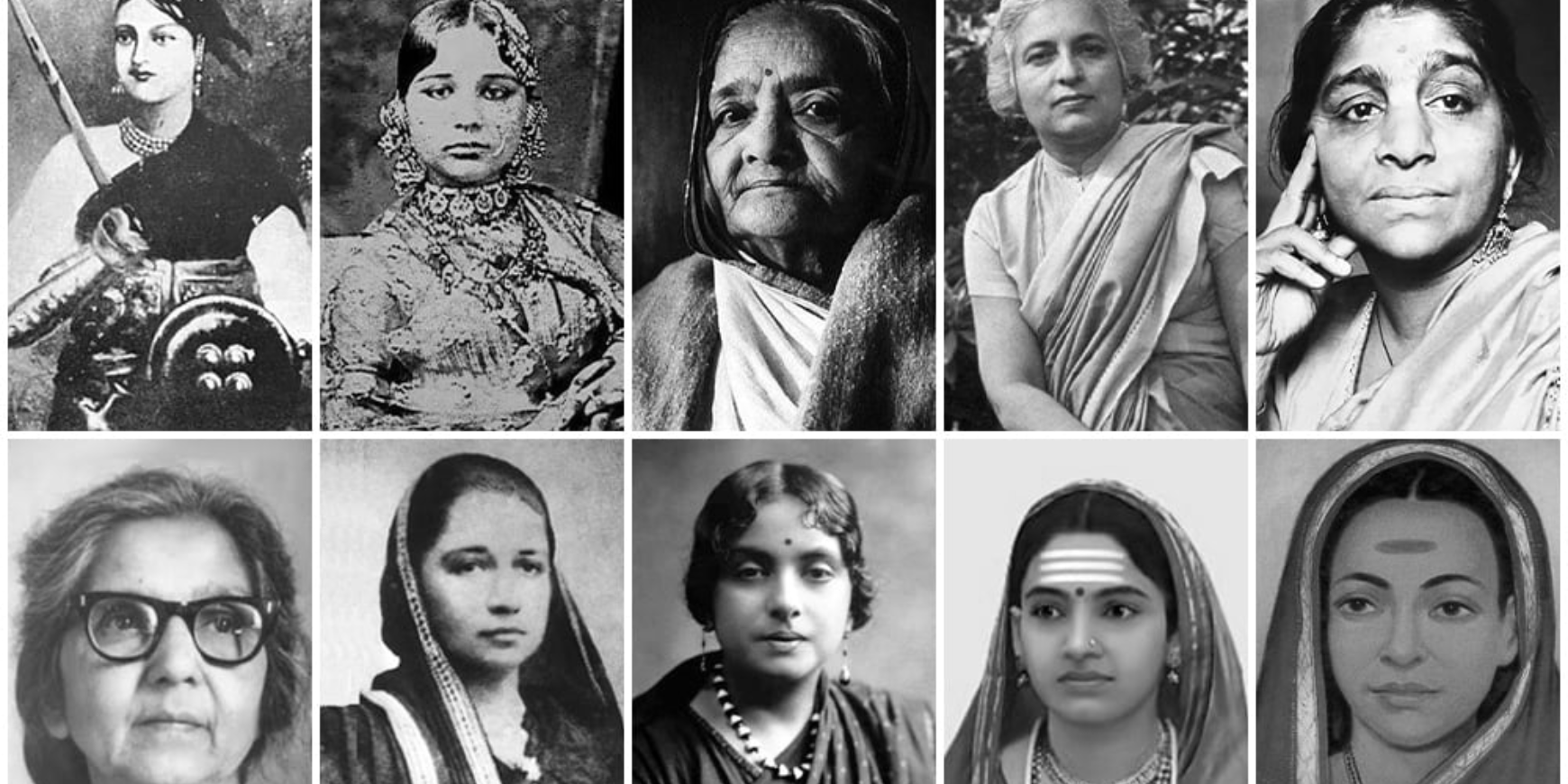
- Freedom from Paid Media and Fake News
While the freedom fighters of the past fought foreign propaganda, today we wrestle with domestic distortions. Paid media has become a national crisis, replacing honest journalism with shouting matches, a recipe of sensational headlines, dramatic background scores, and partisan outrage that distorts truth and divides citizens. Instead of holding power accountable, parts of our media pander to it. When the news is treated as entertainment and anchors as performers, citizens are robbed of the right to make informed decisions.
Compounding the problem is the epidemic of fake news, a thriving “WhatsApp University” that offers PhDs in conspiracy and misinformation. From false cures for COVID-19 to doctored videos about elections or communal incidents, fake news corrodes public trust, fuels division, and distorts democracy.
Our freedom fighters dreamt of a nation where citizens could speak and know the truth. That dream demands that we hold the media accountable and challenge falsehoods wherever they appear.
- Freedom from Intolerance
Intolerance today wears many masks. It is not just political, it is social. We erupt over the length of a woman’s dress, jokes by comedians, or films like Padmavat that reimagine history. We threaten or attack those who express counter-opinions. If someone tells us to wear a mask for public health, we react with hostility. This readiness to take offence undermines the democratic value of dissent. Gandhi’s call to “be silent so that there’s less violence” feels urgently relevant.
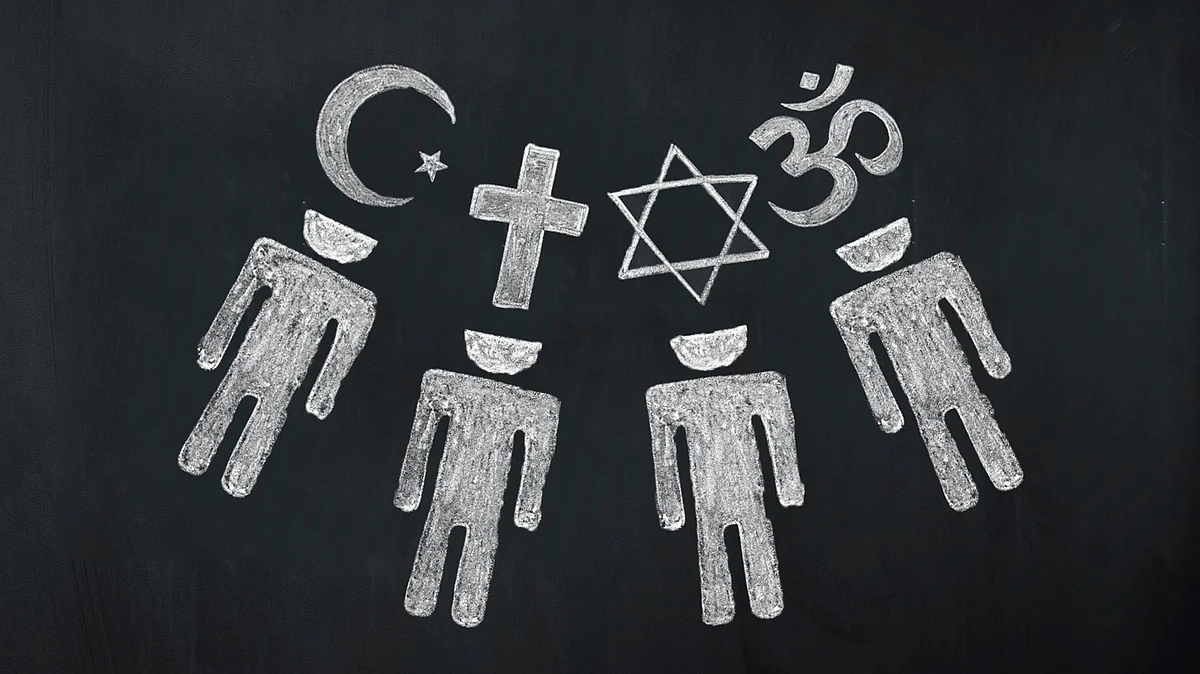
- Freedom from Nepotism
Similarly, nepotism continues to choke meritocracy in politics, cinema, and even the judiciary. Dynasties inherit power, while more deserving individuals remain on the margins. Breaking this cycle requires both public rejection of nepotism and support for talent over legacy.
- Freedom of Privacy
Privacy in India remains an alien concept. Parents read their children’s messages, partners demand passwords, neighbours pry into personal affairs. While curiosity is human, the constant intrusion erodes personal freedom. True independence means the right to space to live parts of our lives unwatched and unquestioned.
- Freedom to Speak Our Language
Regional chauvinism from Maharashtra to Karnataka continues to make migrants unwelcome unless they adopt the local language. Violence against those who cannot comply is both unconstitutional and morally wrong. Freedom of expression must include the right to speak in one’s mother tongue without fear.
- Freedom for Our Environment
Perhaps the most urgent, yet most neglected, freedom is that of our environment. India holds six of the world’s ten most polluted cities, yet waste litters our roads, and wildlife protection remains an afterthought. Children in Delhi NCR wear masks not for fashion but to breathe; water scarcity deepens even as wastage continues. Freedom from environmental destruction is not optional; without it, no other freedom survives.
Our Constitution promises a right to life; without clean air, water, and land, that promise is meaningless.
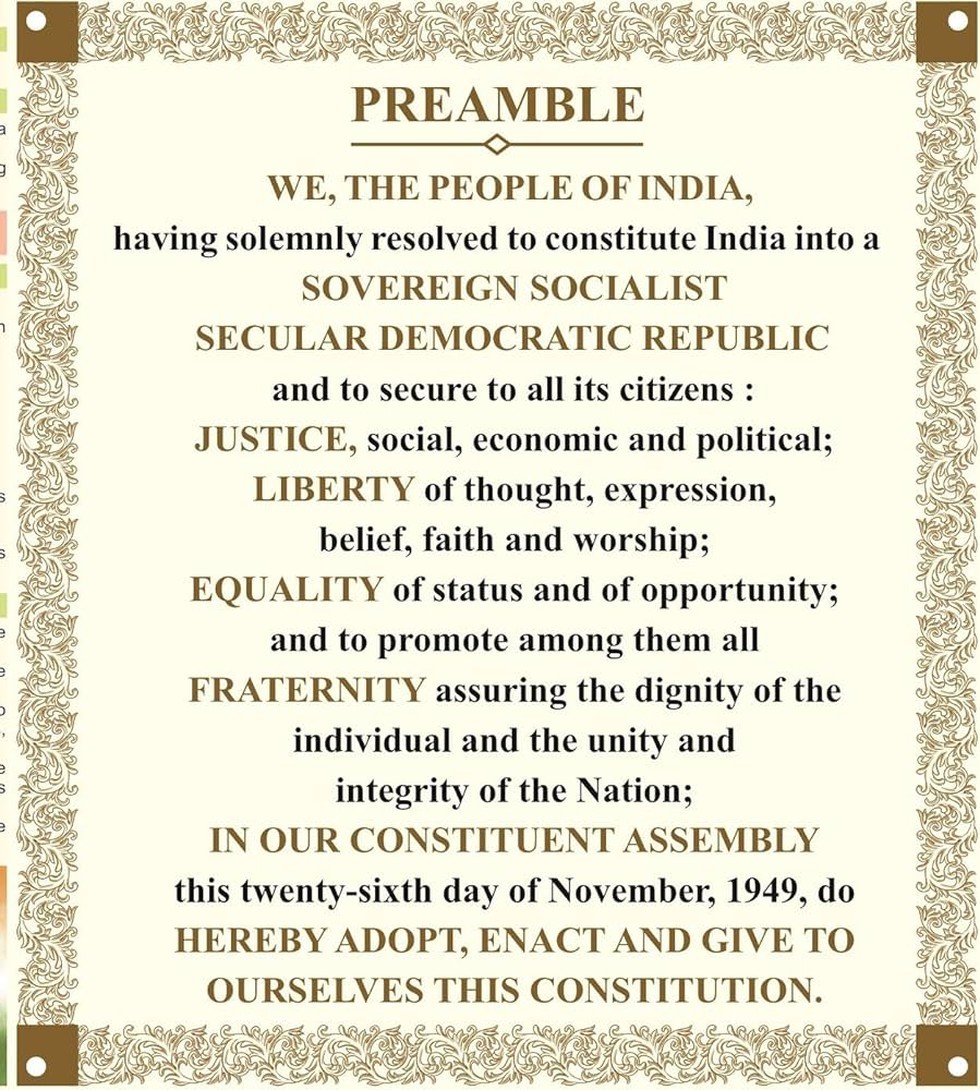
Honouring the Past, Protecting the Future
Independence Day should unite, not divide. The Partition Horrors Remembrance Day, observed on August 14, reminds us of the tragedy of 1947, but it risks overshadowing Independence Day’s message of unity and hope. We can remember the pain without letting it define the present. Partition was about division; independence should be about unity. Remembering history must never come at the cost of moving forward together.
We have achieved much since 1947, landing on the moon, advancing in science and technology, lifting millions out of poverty, but as long as citizens face discrimination, women live in fear, truth is distorted, and our environment degrades, our freedom is fragile.
Our independence was won with immense sacrifice. We honour it when we guard all freedoms: the right to eat, speak, work, travel, live without violence, breathe clean air, think freely, and know the truth. And we honour it most when we extend these freedoms to every citizen, equally.
“We did not inherit freedom fully formed; we borrow it from the struggles of our past and owe it to the dreams of our future. Let us keep it alive, unbroken, and worthy of the blood that won it.”
Views expressed in the above piece are personal and solely those of the author. They do not necessarily reflect Vygr’s views.
With inputs from agencies
Image Source: Multiple agencies
© Copyright 2025. All Rights Reserved. Powered by Vygr Media.

